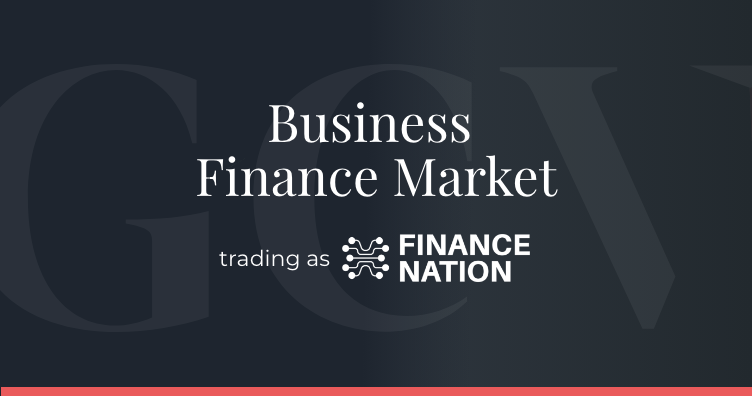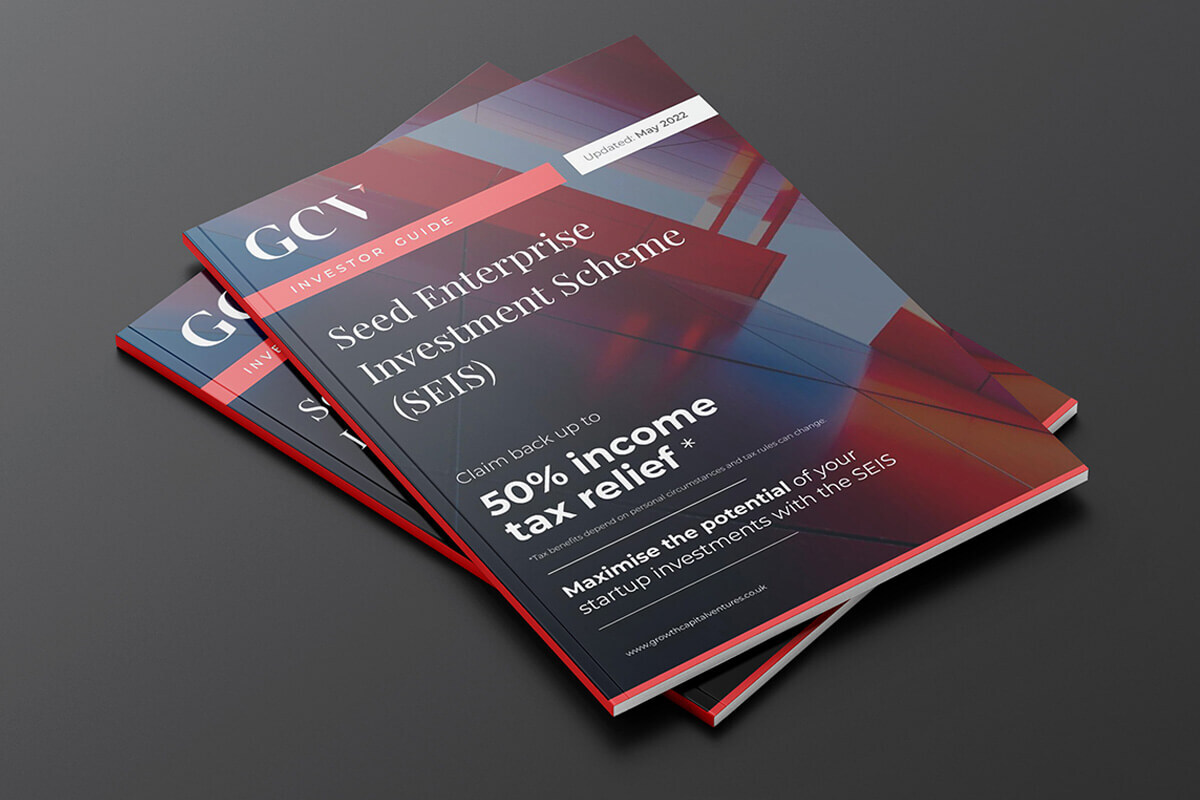Key Facts
Benefits and Risks of SEIS Investments
Whilst the Seed Enterprise Investment Scheme poses a wealth of generous advantages for experienced investors keen to benefit from the UK's burgeoning venture capital space, before making any investment via the SEIS, it's important that the scheme's limits and risks are also considered in a balanced manner.

Maximising
Returns
Combined with the strict SEIS eligibility criteria that startups must meet to ensure they are in a positive position for growth, the addition of considerable tax benefits (from 50% income tax relief to reinvestment relief) can further enhance the potential for positive returns.

Reducing
Risk
Whilst investing in UK startups offers the potential for more lucrative growth when compared with mature equity alternatives, this higher growth breeds considerable risks. The SEIS balances these risks with a host of generous tax reliefs, superior even to its sibling scheme, the EIS.

Portfolio
Diversification
Though residing on the higher end of the risk spectrum, the ability of SEIS opportunities to exist across a broad range of industries and geographies can make them (among other things)a powerful tool for achieving portfolio diversification, and further spreading risk.

Lowering
Tax Liablities
Whether it's through reinvestment relief that can negate 50% of the tax due from the sale of any chargeable asset, or inheritance tax relief that can cut the value taxed from your estate, investing in UK startups via the SEIS offers the potential to reduce tax bills considerably.

Investing up To
£200,000
Investors can invest up to £200,000 in SEIS shares per tax year, spread across as many or as few companies desired. Though this fulfills one of the key draws of startup investing (in offering potential for significant capital growth), SEIS investments are limited to qualifying trades.

Fuelling Startup
Innovation
Tailored specifically to early stage startups, SEIS rules ensure investment fuels growth at arguably the most crucial stage of an SME's lifecycle by imposing strict limits such as maximum gross assets of £200,000 and no more than 25 employees.

Alternative
Advantages
As an alternative investment, the SEIS benefits from advantages including high resistance to stock market fluctuations and the ability to generate significant passive growth, though often requires a longer payback period than traditional asset classes such as stocks and shares.
%20(3)%20(2).jpg)









.png?width=1128&height=594&name=Valius%20Group%20(2).png)





